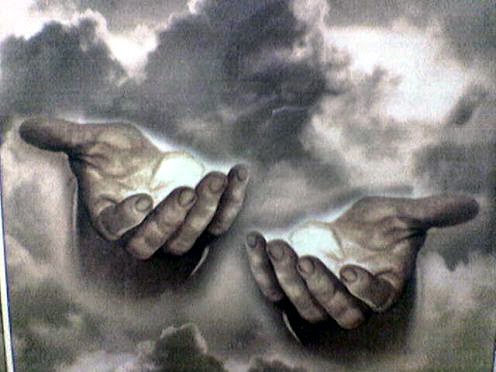Finding our treasure

Photo: bing.com/images
“Some time back I attended a public address delivered by Kamran Mofid, an Iranian-born economist who holds dual British and Canadian citizenship. For two decades, Mofid espoused and taught his students an ‘economy first’ approach to life. In a ‘search for life’s bigger picture’, he took up studies in pastoral theology and subsequently founded Globalization for the Common Good, an Oxford-based organisation dedicated to a global economics for the good of all rather than the benefit of the few.
Mofid and his team believe that ‘the rich heritages of the world’s religions’ are a key resource for the promotion of global peace, justice, and the well-being of all earth’s creatures. They invest their energies and resources in establishing dialogue at multiple levels, celebrating religious diversity, and seeking ways to overcome ideological divisions. They seek in these ways ‘to harness the wealth of the world’s diverse spiritual and ethical traditions to create a sense of common purpose that can enable us to build social and economic policies that are truly humane and life-enhancing.’
Mofid turned his whole life around at considerable personal sacrifice for the sake of a ‘treasure’ previously hidden to his consciousness. With like-minded people of diverse faiths, he now pursues a path that is named in Matthew’s gospel as the reign or empire of the heavens.
Today’s gospel passage begins and ends with reference to treasure. It invites us to pause and name what constitutes the real ‘treasure’ in our lives, to know our own hearts. What do we really want? Many of our contemporaries are asking that question in relation to a consumerist life-style that appropriates more than our share of the world’s resources and leaves little time or energy for family or for considering the needs and aspirations of those on the edge.
There is a new realisation that standard of living and quality of life are far from synonymous. Like Matthew’s community, we need to be ‘scribes’ trained for or educated in the ways of God. We need to bring out of the treasury of our traditions ‘what is new and what is old’, wisely discerning what to keep and what to relinquish. Parables help to subvert our presuppositions, our ways of looking at the world. They disturb our complacency if we allow them to do so.
The parables of the buried treasure and the pearl of great price remind us that gospel discipleship demands an all-embracing investment of heart and spirit. We don’t have to re-invent the wheel. We simply need to search our hearts to know where our treasure lies and join with others like Kamran Mofid who show us how we might claim it for the common good.”
See the original article: Finding our treasure
